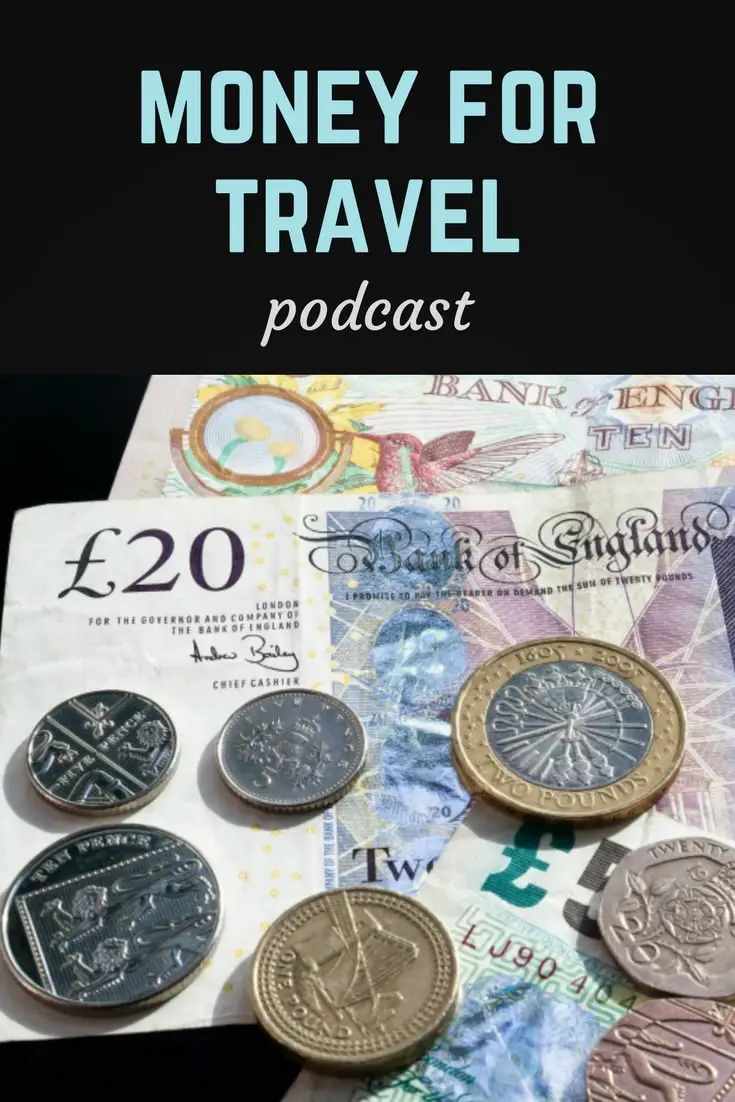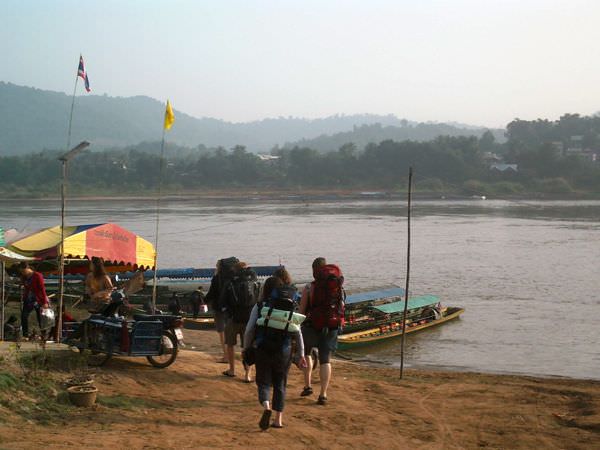Money for travel podcast
Travel isn’t as expensive as many people think. A lot of would-be travellers put off trips until they magically have more money — but if you really want to travel, it’s probably within your reach in the not-too-distant future.
In fact, it can be easy if you prepare in advance, sort out your finances and start dreaming specifically rather than generally.
To listen, hit play below or find episode 347 in iTunes, Stitcher or Soundcloud:
Is travel expensive?
Travel doesn’t have to be expensive. Sure, if you pamper yourself with treats and fancy hotels, you can easily spend a packet. But there are always ways to spend less, and depending on your travel style, being on the road can be cheaper than staying home!
As long-term travellers, we’ve certainly found this to be the case. Flights do cost a lot, but when you spread the price over six months of travel, they’re suddenly a lot more affordable. Accommodation is available for all budgets, and while it’s nice to eat out while travelling, you can save money by preparing your own meals and making the most of street food.
1. Before you travel
Finding the money for travel
You do need some money though, to pay for flights and to have a buffer for if things go wrong. But if you’re working, you probably have plenty coming in — the trick is to spend a little less and organise it better. If you want to travel long-term, we recommend you start by killing debts and cancelling subscriptions, and cut down to just three bank accounts: a current account, a savings account and one credit card. Remember to never spend more on your credit card than you can pay back at the end of the month.

When we were saving for travel, we found the cash budgeting system helpful. Every week, we withdrew a certain amount of money, and divided it into separate envelopes allocated to specific areas of our budget. One envelope was for groceries, another for rent, a third for entertainment. Fixed or semi-fixed costs like rent and power can probably be set up on automatic payment to save hassle.
Also consider switching to a prepay plan for your phone, unless you have an excellent deal with your provider. This may make you more aware of what you’re spending in this area.
The gear trap
Don’t fall into the trap of buying heaps of expensive travel gear — you almost certainly don’t need most of it! Make a list of what you do need (good socks and walking shoes spring to mind) and budget a certain amount per week to buy it. Keep the money that you would have spent on gear in the bank and buy yourself several meals in Malaysia or a week’s accommodation in West Africa.
Timeframe
Keep dreaming, but set a date for your escape. Give yourself plenty of time for the preparation you need – we gave ourselves three years to pay off debts and save, which took the pressure off our finances and a lot of stress out of planning. Having a rough date set for departure will give you motivation to prepare and should keep the dream alive.
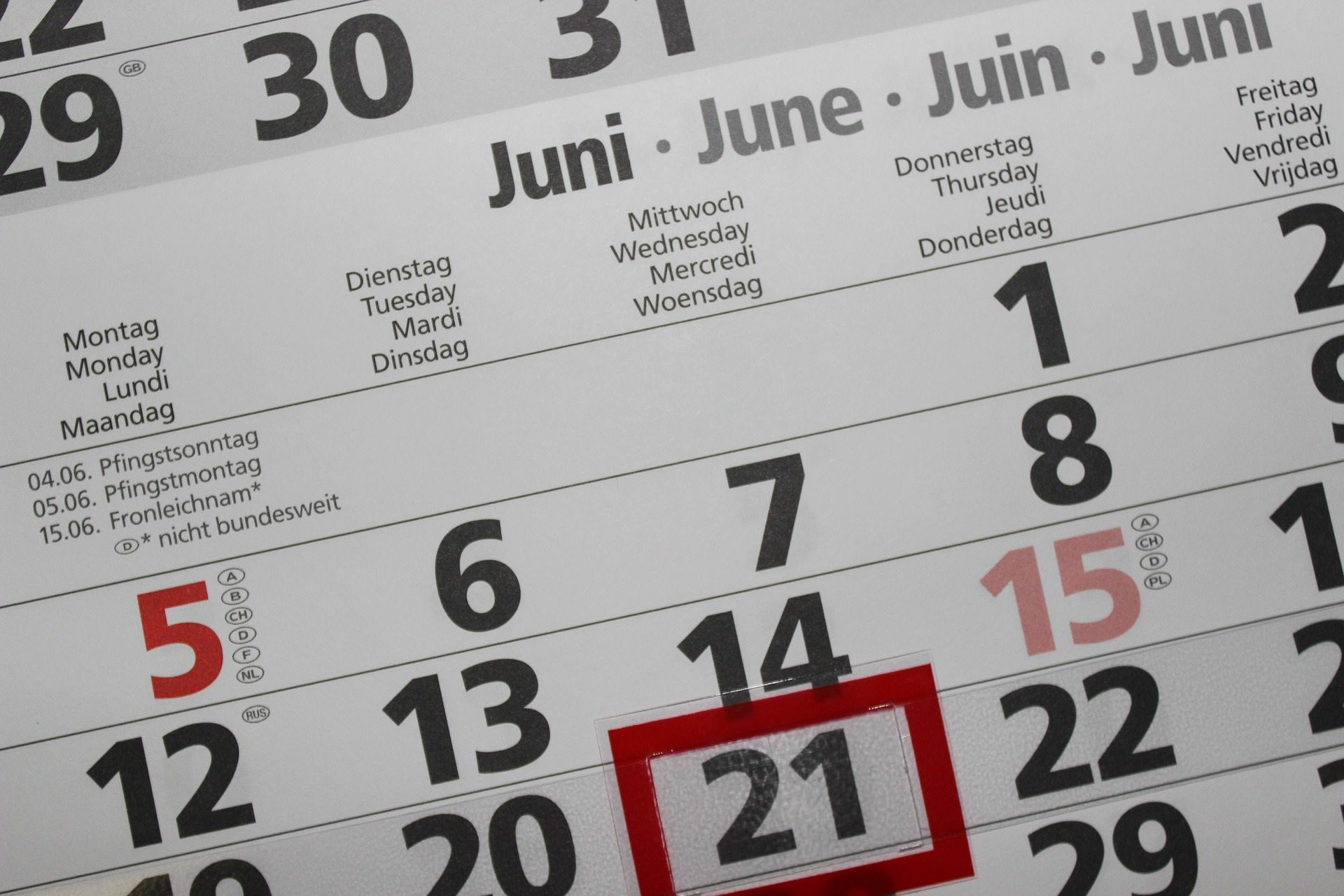
2. Making money while travelling
If you want to travel long-term, you’ll need a source of income. There are dozens of ways to earn money while you travel, which can be grouped into three main categories: work for yourself, work remotely for someone else, or local work.
Working for yourself includes freelance work or starting your own company (like our other business, Performance Foundry), among other options. Working remotely for someone else is just like having a regular job, but you work from home (or wherever you happen to be) rather than in an office. And local work means you find a job in your destination — you could be teaching English, fruit picking, working in a hotel or hostel, or doing any other regular job .
The first two options don’t typically involve too much bureaucracy, as you may be subject to the laws of the country where the company (or you as a freelancer) is registered, rather than the local country. However, if you want to work locally, be aware that there may be a lot of paperwork involved.

On visas, permits and bureaucracy
One of the hardest parts of working overseas is understanding the law and dealing with the bureaucracy surrounding your situation. If you’re working for a company, it’s nice and clear cut: get a work permit! If you are visiting a country and doing billable work there, you may also be liable for local goods and services or income taxes, even if you’re already paying tax at “home”!
Everyone’s situation is unique, so check with local embassies or consulates for work permit applications and with your small business advisor/lawyer/accountant if you’re self-employed.
If you’re under 30 (or in some cases, under 35) keep an eye out for the great “work and travel” programmes many countries offer. Each one is different, but as a general rule, you can stay in your destination for up to twelve months and work for six months of that time. Some countries allow you to double that if you meet a required need, fruit picking in Australia for example.
3. Managing money while travelling
Whether you’re working or not, you’ll have to keep an eye on your cash while traveling. To do that, you’ll need a budget, and as prices vary wildly throughout the world, you’ll have to do some research to work out a reasonable daily spending allowance. Cost of living sites can be helpful to get an idea of food price and public transport in certain cities, and accommodation prices can be a great guide: check out booking.com to get an idea of how much a room or a dorm bed costs. This tend to be in line with other expenses: if a room is cheap, transport and food are also likely to be inexpensive. If it’s pricy, you can expect other costs to be so too.
There are several ways to track your spending, but we recommend Trailwallet, a travel-spend app that we’ve been using for a couple of years now. You can set a daily or trip budget, and record your expenses in different categories. You can keep it simple (food, accommodation, transport, other) or set up as many groupings as you like. The app will tell you if you’re under or over budget, and let you know how much more you have to spend for the rest of the trip (or the month).

4. A few ways to keep costs down while travelling
There are plenty of ways to cut your costs — choose those that work for you, and spend more on items you’re not willing to compromise on!
Spend less on accommodation:
- Look into WWOOFing or doing other volunteer work for accommodation.
- Do housesitting or exchange your home.
- Couchsurf.
- Stay with friends or family when appropriate.
Spend less on food:
- Only eat out for one meal a day in expensive locations — lunch can be a good option as there are often lunch deals available. Get to know the supermarket for your other meals.
- Stay in apartments (through services like AirBnb) to have access to a kitchen for preparing meals.
- Always have snacks with you so you don’t end up spending a lot on impulse buys.
- Make the most of meal deals, like daily menus in Europe or sandwich/snack/drink deals in supermarkets and bakeries.
- Eat street food or in budget restaurants.
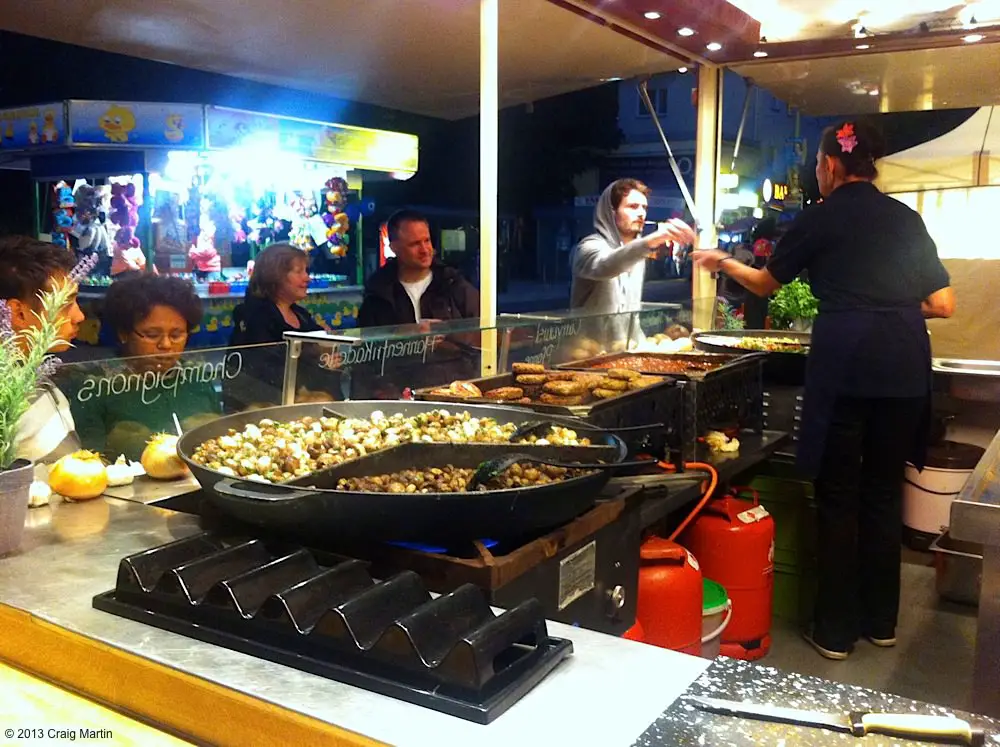
Spend less on attractions:
- Really consider if you’d like to do the activity.
- Do some research; many places have free days/hours, are half-price if you travel by train, cheaper for a group.
- Create your own walking tour using resources available online.
Spend less on transport:
- Buy in advance.
- Use services like Secret Flying and Grabaseat to know about offers. Sign up for your favourite airline’s newsletter.
- Use budget airlines.
- Travel by local transport (buses, coaches, bus instead of taxi). Rome2Rio can give you an idea of the range.
- Rideshare.
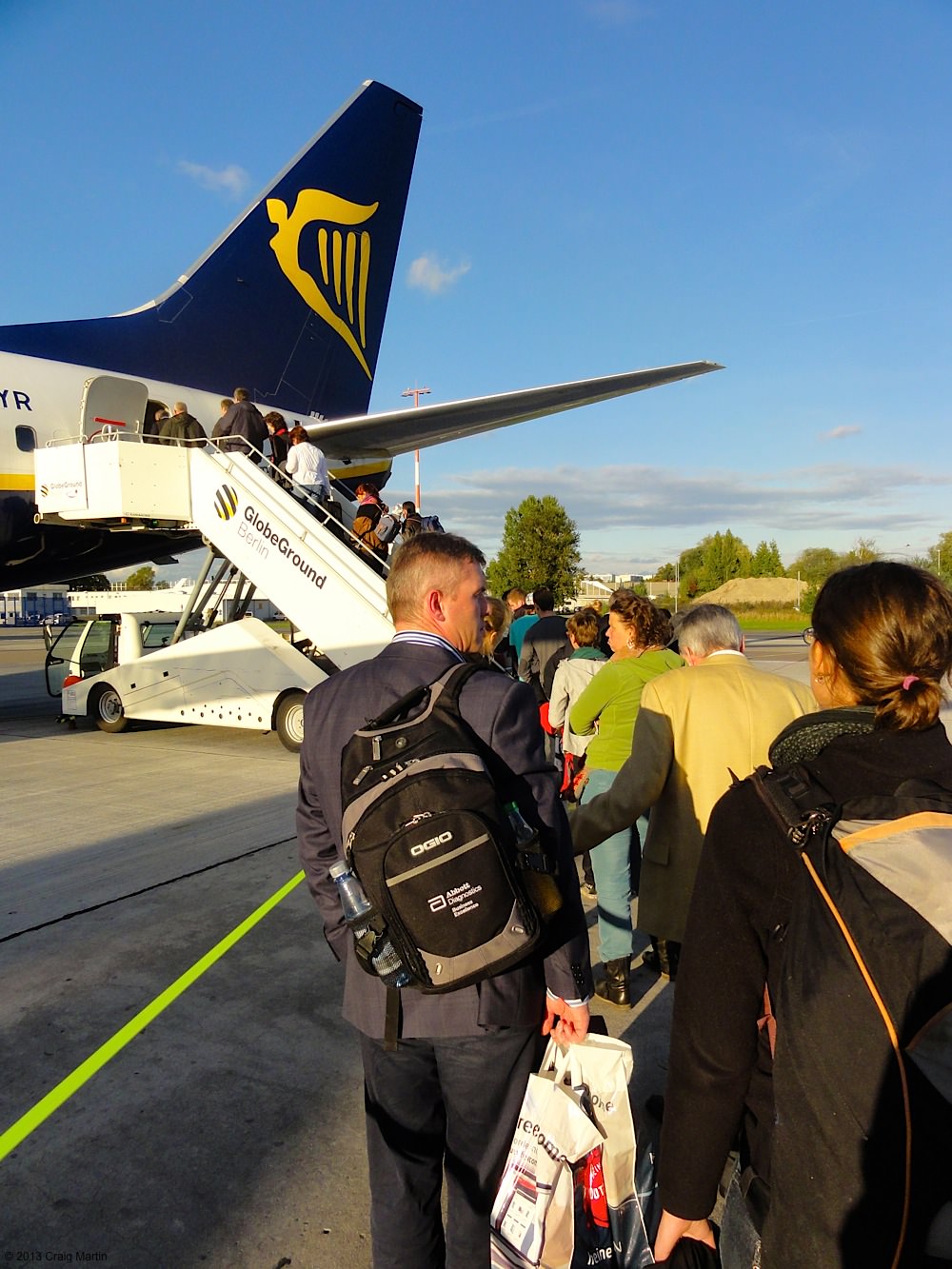
5. Money and travelling companions
If you’re travelling as a couple, or with a travelling companion, it’s important to talk about how you’re going to organise your finances. Have this conversation BEFORE you leave!
To share or not to share?
Long-term couples may find it easiest to pool resources, and pay for everything out of a joint account or shared credit card — that’s what we do. We find it helpful for one of us to be largely responsible for paying for things, while the other records expenditure in Trailwallet.
However, if you’re a newer couple, or travelling with a group of friends, this system may not work so well. You can either just pay for everything separately, or use some kind of kitty arrangement to make sure costs are shared equally. This could involve a shared purse which everyone contributes to equally when it’s running low, or a more complicated system.
When travelling with our friends Janine and Ange, we have a shared purse, but take turns to contribute to it. We use a spreadsheet to record who is “up” (is owed money by the rest) and who is “down” (and will be the next to add cash to the pot). We find this works well, as it’s easy to track expenses paid by credit card rather than cash…. And Janine is always great about doing the accounting.

What to spend money on while travelling?
It’s important to decide which costs will be covered by the kitty, and which should be paid for individually. Generally, if everyone is involved, it makes sense for the kitty to pay — if not, everyone should shell out from their private funds.
Of course, since travel styles vary wildly, you’ll need to talk about the big picture too. If one person is looking forward to a one-week luxury retreat that will use half the budget, and his travelling companion wants to backpack for a year, you’ve got some negotiating to do. If an awesome (but slightly expensive) opportunity comes up, discuss it together and work out if it’s something you’d all like to do. If only one person wants to do it, perhaps she could do it alone, and everyone else in the group can find another activity to do in the meantime.
If you’re a couple travelling together sharing finances, and one of you wants to do something while the other doesn’t, the un-keen partner could choose an activity of similar value to do alone later in the trip.
In the end, though, it comes down to communication — talk about what you want and expect, and find a compromise that works for everyone involved.
[box] This episode of the Indie Travel Podcast is sponsored by StickerYou.
StickerYou is an innovative ecommerce website offering the best custom stickers, labels, decals, temporary tattoos and much more. With their proprietary die-cut technology, they are able to offer custom products with no minimum quantities. You can order in any size, shape and quantity while at the most affordable prices.
For a limited time, StickerYou is offering free travel stickers! Simply click on this link, select a travel sticker and have it delivered to your door.
StickerYou.com. Make it stick![/box]
